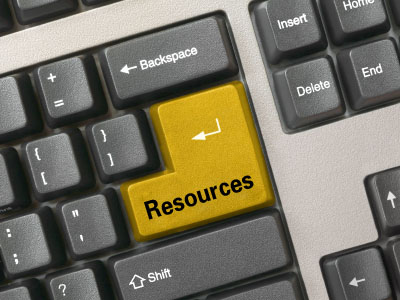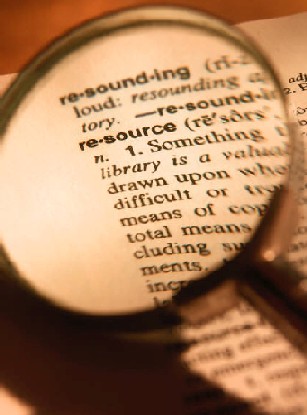Topic outline
General
To Infinity and Beyond!
What does it REALLY take to get to space... and then to survive in space? In this course you will complete five activities about math and science in space. While doing the activities, keep in the back of your mind that for the culminating activity/project YOU will be creating an experiment, investigation or project that relates to something you learn while doing the activities.
In this course you will complete five activities about math and science in space. While doing the activities, keep in the back of your mind that for the culminating activity/project YOU will be creating an experiment, investigation or project that relates to something you learn while doing the activities.
After completing each activity (and you may do the activities in any order) record questions or "I wonder" statements. These will be used to guide your final project.
When you are finished with all five activities, choose one of the questions or I Wonder statements and develop an experiment, investigation, or project that answers or addresses the it.Topic 1
10...9...8...7...
Launch!

Launch! If you're planning on any space travel, you'll need a rocket. And, if you plan to travel in a rocket, you'll need to know how they launch, fly and land. It's always a good idea to see the WHOLE before the parts, so take a look at all the the steps before beginning. Enjoy the view!
- Note: you will need a few materials for this activity: straws (2 different widths), tape, and balloons.
- Reminder: The questions and/or I Wonder statements are what will we guide your final activity or project. Be sure to add to this list at ANY time during the activities.
Topic 2
The Great Space Race!
- Play the game below, "The Great Space Race." When you have completed all 7 rounds, take a screenshot of your score and insert it into the Forum below.
Topic 3
The Eagle Has Landed!
After a successful launch, you must consider a safe landing! In this section, you'll explore the math and science around landing on the moon! Watch out for craters!
Topic 4
Mission Possible!
NASA is always working on missions. Some missions help us understand Earth better, and some go beyond the Moon. In this activity you'll learn about some of NASA's missions to get a better idea of what's possible.Topic 5
The Ultimate AWAY Game!There's lots to think about when consider colonizing the moon! How will it be different from colonizing America? In this activity you'll learn about many of the considerations for colonizing the Moon.
Topic 6
Time to

This is where the fun AND the real work begins! Take some time to look through all the questions and "I wonder" statements. Which ones are you most curious about? Choose one and think about a project, investigation or experiment you could develop that would answer the question.
Where do you begin? you may have an idea of what you'd like to further explore, but like one the most difficult parts of a project is GETTING STARTED!
First, decide if you want to:
*conduct a scientific experiment/investigation or,
*do a research projectThen, use the resource below to point you in a direction. Be sure to manage your time!
- Conducting a scientific experiment
Research Project
Reminder-- a research project does NOT need to be paper. Research means that you delve further into a topic. You may look into lunar habitats, research what it'll take for us to survive there, and create a model of a lunar habitat. Or, you may want to research where other countries are in regards to space travel. Your end product MAY be a research paper, but will also need to include multimedia representaion (look at rubric.)
Think outside the box when you think about a research project-- you don't need to follow tradtional presenataion methods (perhaps you'd like to created a Voicethread or use Scratch to present what you've learned.)
Topic 7
Additional Resources


Topic 8
Teacher Resources
While using this course, there should be very little direct instruction time. To push the learning to higher levels, take time to spotlight student work as students work through the activities. Pay special attention to the Question/I Wonder statements. Remind students that the list is a collaborative effort AND their final project will come form these questions/statements.